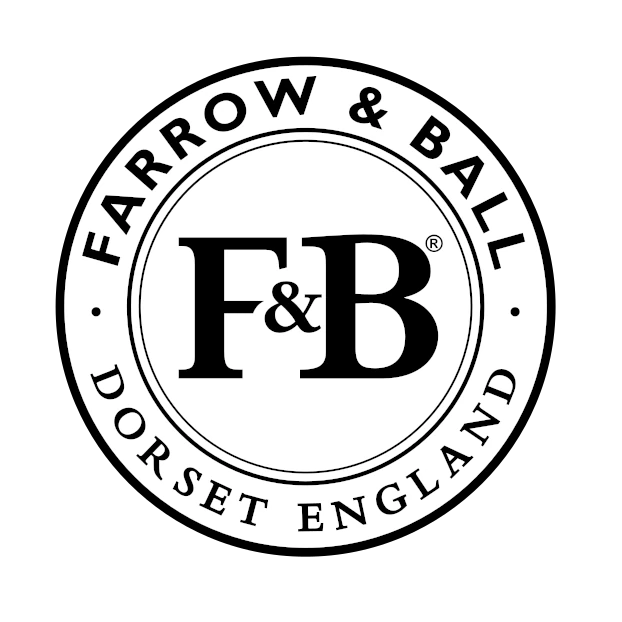Benjamin Moore Malton 1073
| Official page: | Malton 1073 |
| Code: | 1073 |
| Name: | Malton |
| Brand: | Benjamin Moore |
What color is Benjamin Moore Malton?
Step into a world of sophistication and warmth with Benjamin Moore's 1073 Malton. This rich and cozy color envelops any space in a timeless elegance, perfect for creating a welcoming atmosphere in a living room or a study. Malton adds depth and character to a bedroom, making it an ideal choice for those seeking a peaceful retreat. Transform your dining room with the subtle allure of Malton, creating an intimate space for gatherings and memorable meals. Infuse your home with a touch of luxury by incorporating Benjamin Moore 1073 Malton into your interior design palette.
Try before you buy
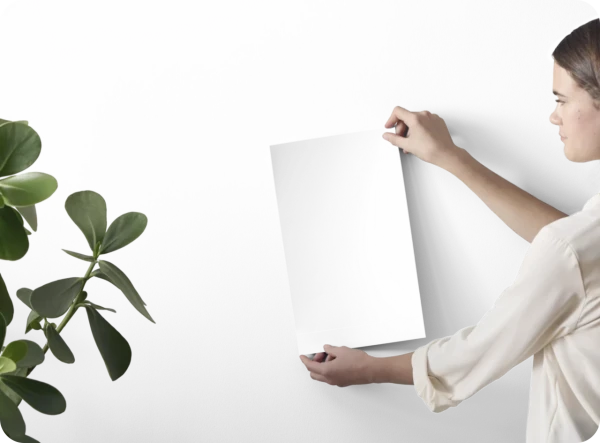

100% accurate
reusable paint samples

Peel, stick,
and repeat

Twice painted
with real paint

Next day
delivery
What are Benjamin Moore Malton undertones?
Malton has a clear red undertone based on its position in the color space. We identify undertones by isolating the pure hue (separating it from lightness and saturation), which avoids distortions caused by tints, tones, and shades.
This method is generally more reliable than judging undertones on a white background.
HEX value:
#E7D8BE
RGB code:
231, 216, 190
Is Benjamin Moore Malton 1073 cool or warm?

At 38° on the HSL hue wheel, this Beige sits firmly on the warm side.
1073 Malton HSL code: 38, 46%, 83%
Hue - degree on a color wheel from 0 to 360. 0 is red, 120 is green, and 240 is blue.
Saturation is expressed as a percentage. At 0%, it appears as a shade of grey, and at 100%, it is in full color.
Lightness is also a percentage value. 0% is black, and 100% is white.
How light temperature affects Malton
Natural Lighting. During the day, natural light shifts from about 2000 K at sunrise/sunset to 5500–6500 K at noon.
In addition, natural‑light temperature depends on its direction:
| Direction of sunlight | Visible temp. | Hue | Duration |
|---|---|---|---|
| North | Cool | Bluish | All day |
| East | Warm | Yellow | Before noon |
| West | Warm | Orange‑red | After noon |
| South | Warm | Orange‑yellow | All day |
Artificial Lighting. When choosing bulbs, pay attention to their color‑temperature (Kelvins).
Use the slider to see how this Beige shade looks under different lighting:
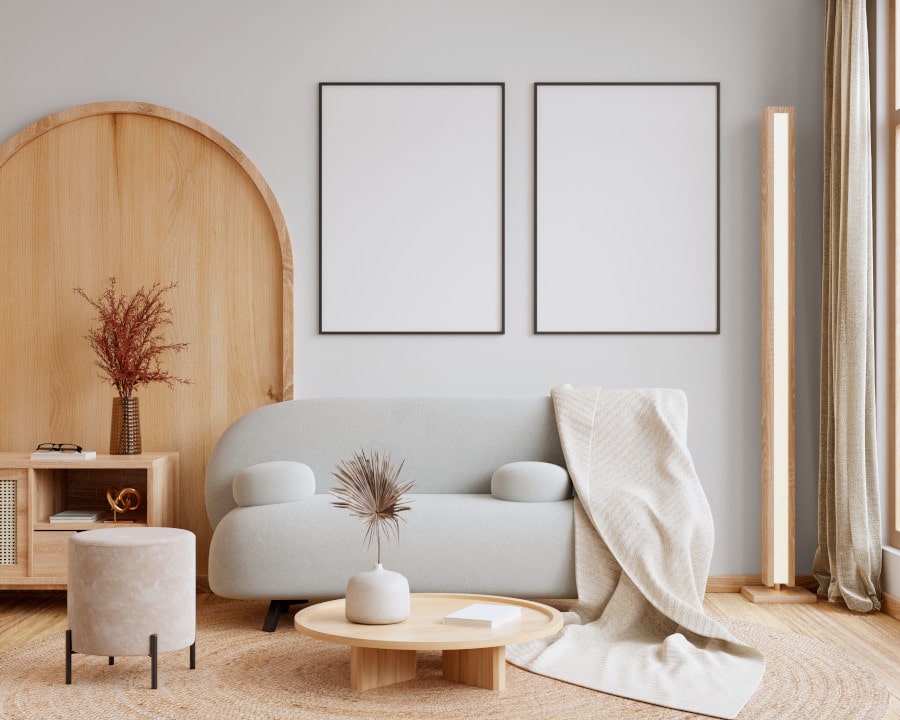
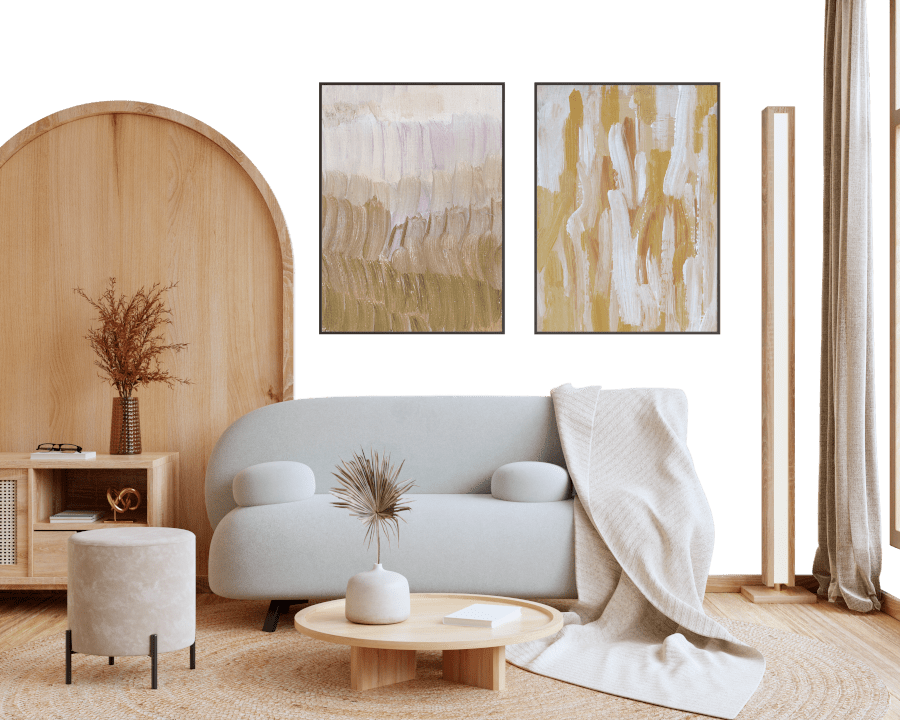
4000K
Coordinating colors.
Colors that go with Benjamin Moore Malton:
Monochromatic color scheme

This scheme consists of various shades, tints, and tones of a single color. While it offers a perfect combination of hues, without accent décor it may become monotonous.
Lighter shades
Darker shades
Complementary color scheme

This color scheme is a combination of two shades that are opposite each other on the color wheel. The high contrast between these colors creates a vibrant and dynamic visual effect. For the color Malton with a orange hue, complementary colors are those with a blue hue close to 218, such as Benjamin Moore Normandy and Feather Gray.
LRV of Malton
Malton has an LRV of 67.07% and refers to Light colors that reflect most of the incident light. Why LRV is important?

Light Reflectance Value measures the amount of visible and usable light that reflects from a painted surface.
Simply put, the higher the LRV of a paint color, the brighter the room you will get.
The scale goes from 0% (absolute black, absorbing all light) to 100% (pure white, reflecting all light).
Act like a pro: When choosing paint with an LRV of 67.07%, pay attention to your bulbs' brightness. Light brightness is measured in lumens. The lower the paint's LRV, the higher lumen level you need. Every square foot of room needs at least 40 lumens. That means for a 200 ft2 living room you’ll need about 8000 lumens of light – e.g., eight 1000 lm bulbs.
Color codes
We have collected almost every possible color code you could ever need. To copy the code, just click the icon to the right of it.
| Format | Code | |
|---|---|---|
| HEX | #E7D8BE | |
| RGB Decimal | 231, 216, 190 | |
| RGB Percent | 90.59%, 84.71%, 74.51% | |
| HSV | Hue: 38° Saturation: 17.75% Value: 90.59% | |
| HSL | hsl(38, 46, 83) | |
| CMYK | Cyan: 0.0 Magenta: 6.49 Yellow: 17.75 Key: 9.41 | |
| YIQ | Y: 217.521 I: 17.293 Q: -4.918 | |
| XYZ | X: 66.804 Y: 69.82 Z: 58.659 | |
| CIE Lab | L:86.908 a:0.984 b:14.691 | |
| CIE Luv | L:86.908 u:10.499 v:21.183 | |
| Decimal | 15194302 | |
| Hunter Lab | 83.558, -3.518, 16.869 |
Color equivalents
SW 7574
Echelon Ecru
Sherwin Williams
1058
Mohair
Benjamin Moore
1094
Barbados Sand
Benjamin Moore
1044
Lighthouse Landing
Benjamin Moore
SW 2833
Roycroft Vellum
Sherwin Williams
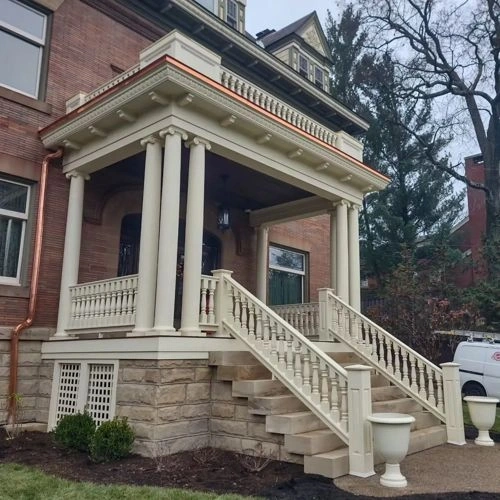
SW 7573
Eaglet Beige
Sherwin Williams
1072
Sand Dunes
Benjamin Moore
PPU7-17
Wax Sculpture
Behr
MQ3-41
Moongaze
Behr
952
Cayman Islands
Benjamin Moore
OC-2
Pale Almond
Benjamin Moore

N290-2
Authentic Tan
Behr
22
Navajo White
Behr
SW 7537
Irish Cream
Sherwin Williams
N290-3
Comfy Beige
Behr
AF-320
Flawless
Benjamin Moore
SW 7678
Cottage Cream
Sherwin Williams
SW 7575
Chopsticks
Sherwin Williams
OC-96
Gentle Cream
Benjamin Moore

SW 6126
Navajo White
Sherwin Williams



